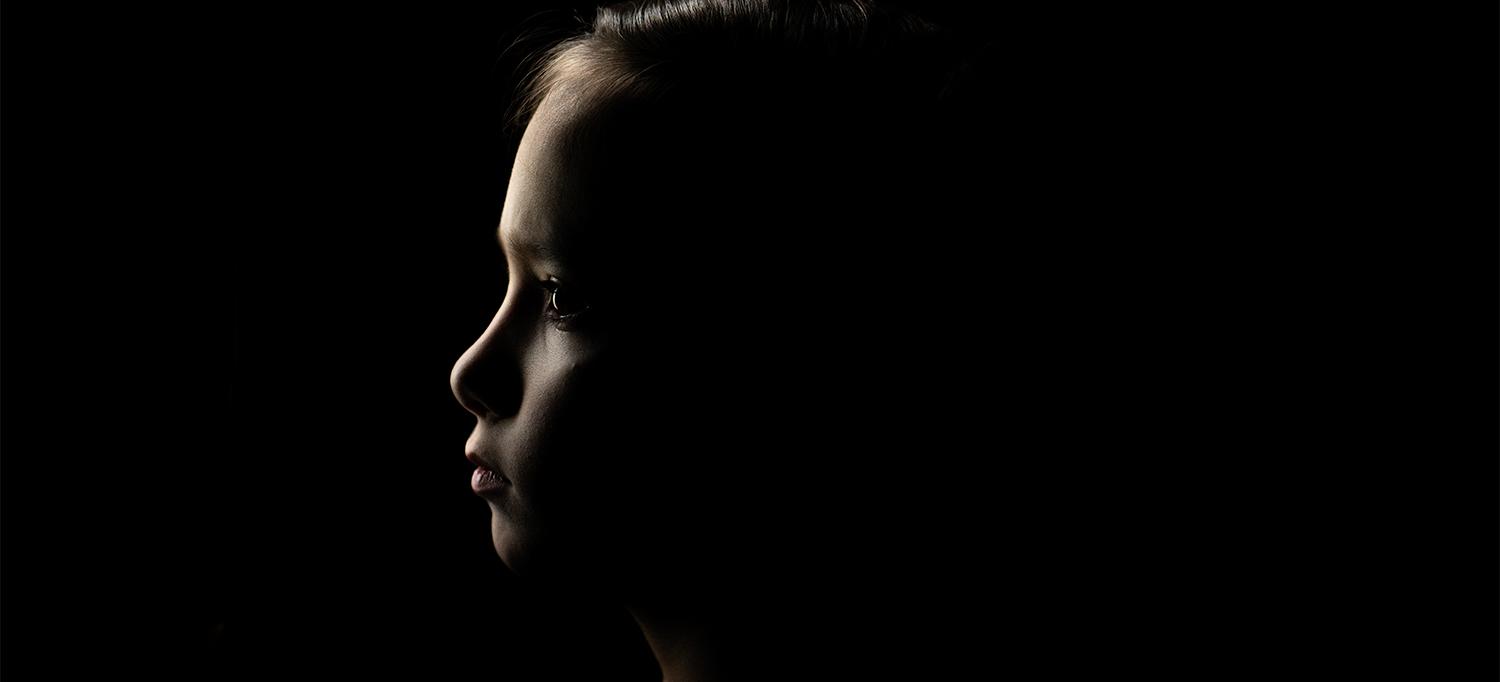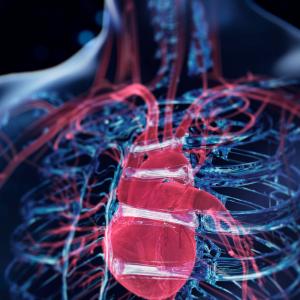
Photo: Jasmin Merdan/Getty
Scientists have looked at the existence of inherited trauma in groups such as the children of Holocaust survivors, Native American communities, and the sons of Civil War prisoners of war. Findings support the idea that trauma did, in fact, lead to changes in future generations.
Currently, scant researchers are dedicated to this field of study. One is Moriah E. Thomason, PhD, the Barakett Associate Professor of Child and Adolescent Psychiatry in the Department of Child and Adolescent Psychiatry and associate professor in the Department of Population Health. Dr. Thomason’s drive comes from wanting to find interventions for children who are experiencing trauma. “The fact that children are struggling from developmental disorders and challenges achieving landmarks that humans need to achieve is devastating,” she tells The Washington Post.
Her most recent work, a study she co-authored in 2020 exploring the potential impact of maternal childhood trauma on child behavioral problems, looks at certain brain activity as a possible indicator of how inherited trauma biologically presents in children.
Beyond helping to understand and treat individual cases of mental health more effectively, better understanding inherited trauma could also lead to more significant changes in society regarding groups of people who have experienced trauma because of systemic oppression, such as those affected by colonization, slavery, and racism, adds Dr. Thomason.
Read more from The Washington Post.

